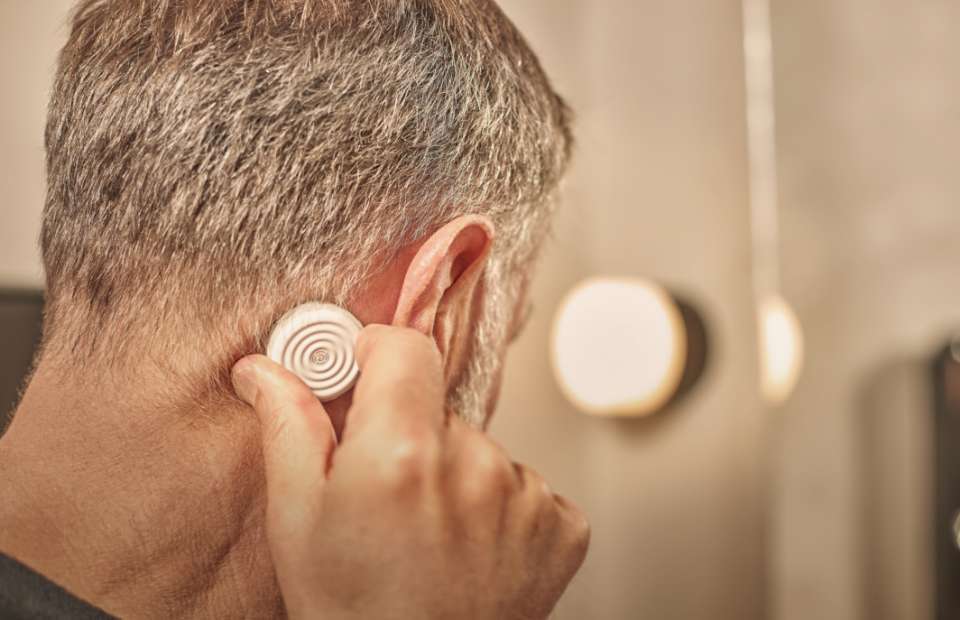
Tinnitus Treatments 2024
The Latest in Tinnitus Treatments 2024: Innovations and Solutions In 2024, despite no known cure, advancements in medical tech offer diverse treatments for tinnitus, aiming to manage symptoms and enhance quality of life. As we delve into 2024, let's explore some of the latest innovations and solutions in tinnitus treatment.
Understanding Tinnitus
Before delving into treatment options, it's essential to understand the nature of tinnitus and its potential causes. Tinnitus can result from a variety of factors, including age-related hearing loss, exposure to loud noises, earwax buildup, underlying medical conditions, and even stress or anxiety. The perceived sound can vary in intensity and frequency, ranging from a mild annoyance to a debilitating condition that significantly impacts daily life.
Conventional Treatments
Traditionally, tinnitus management has focused on addressing underlying causes, if identifiable, and implementing strategies to alleviate symptoms. This may include measures such as:
- Hearing Aids: For individuals with accompanying hearing loss, hearing aids can amplify external sounds, making the tinnitus less noticeable and improving overall communication abilities.
- Sound Therapy: Various sound therapy techniques, such as white noise, masking devices, or customized sound generators, aim to distract from or mask the perceived tinnitus sound, providing relief for some individuals.
- Cognitive Behavioral Therapy (CBT): CBT techniques help individuals reframe negative thought patterns associated with tinnitus, reduce stress and anxiety levels, and develop coping strategies to better manage symptoms.
- Medications: While no specific medication has been approved to treat tinnitus directly, certain medications, such as antidepressants or antianxiety drugs, may be prescribed to alleviate associated symptoms, such as anxiety or insomnia.
Innovative Solutions
In recent years, technological advancements and scientific research have paved the way for innovative tinnitus treatment options designed to address the condition more directly and effectively. Some of the latest developments include:
- Neuromodulation Therapies:
Neuromodulation techniques, such as Transcranial Magnetic Stimulation (TMS) or Transcutaneous Electrical Nerve Stimulation (TENS), aim to modulate abnormal neural activity associated with tinnitus. By delivering targeted electrical or magnetic stimulation to specific brain regions or nerves, these therapies seek to disrupt the neural patterns responsible for generating tinnitus perception. - Tinnitus Sound Therapy Apps:
With the widespread use of smartphones and wearable technology, tinnitus sound therapy apps have gained popularity as convenient and accessible tools for managing symptoms. These apps offer customizable soundscapes, relaxation exercises, and mindfulness techniques designed to alleviate tinnitus-related distress and promote relaxation. - Tinnitus Relief Devices:
Innovative wearable devices, such as Tinearity G1 from Duearity, have emerged as promising solutions for tinnitus management. This device utilizes advanced technology, to provide tailored relief for individuals experiencing tinnitus symptoms. By delivering targeted stimulation or sound therapy directly to the ears (outside the ear canals), this device aim to reduce the perception of tinnitus and improve overall well-being. Tinearity G1 utilizes bone conduction technology, delivering white noise through the skull. This keeps the ear canal clear for comfortable, anytime use.
The Importance of Individualized Care
While these innovative treatments hold promise for many individuals, it's essential to recognize that tinnitus is a highly subjective condition, and what works for one person may not work for another. Therefore, a personalized approach to treatment is crucial, with healthcare providers assessing each individual's unique needs, preferences, and medical history to determine the most appropriate course of action.
Looking Ahead
As we continue to advance in our understanding of tinnitus and its underlying mechanisms, the future holds promise for even more effective treatment options. Ongoing research efforts, coupled with technological innovations and a growing emphasis on personalized medicine, offer hope for individuals living with tinnitus, paving the way for improved outcomes and a higher quality of life.
In conclusion, while tinnitus can present significant challenges, individuals affected by this condition can take comfort in knowing that there are various treatment options available to help manage symptoms and improve overall well-being. From conventional approaches to innovative solutions, the landscape of tinnitus treatment continues to evolve, offering hope and relief for those in need.
If you would like to know more about Tinearity G1 please contact us. Tinearity G1 is FDA 510(k)-cleared and accessible in the US.
We at Duearity want to improve the quality of life for people who suffer from tinnitus and give them hope and opportunities to enjoy life. Therefore, we have created a medical device that can be used at any time of the day, as tinnitus can vary greatly from person to person in terms of treatment and relief times.
